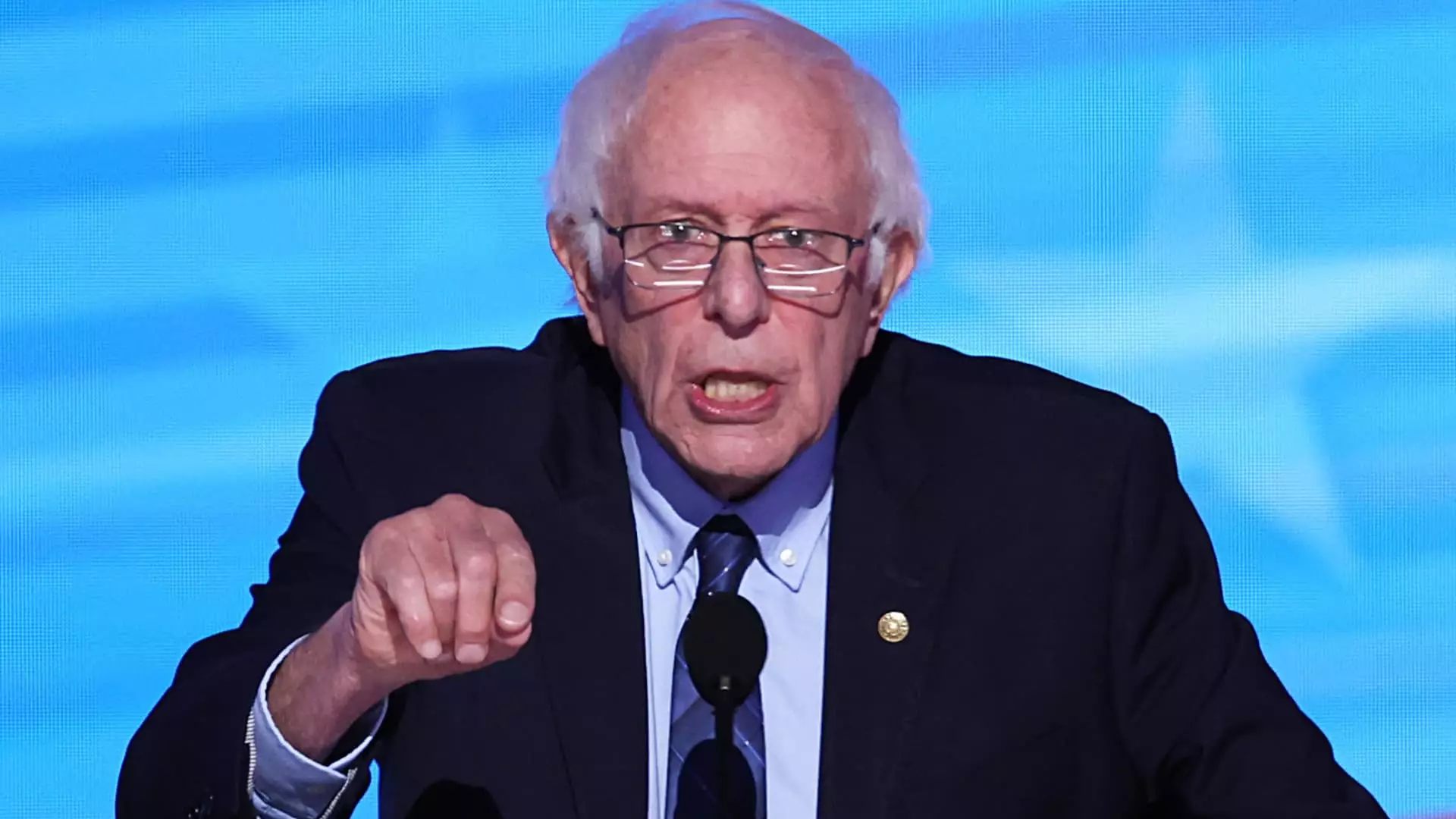Senator Bernie Sanders has openly disagreed with Vice President Kamala Harris’ proposed 28% tax rate on long-term capital gains. He expressed his belief that the tax rate should be even higher, criticizing Harris for what he perceives as a lack of ambition in her economic platform. This contrast highlights the different approaches to taxation within the Democratic Party.
Sanders believes that Harris’ economic platform should go further in taxing the wealthy. He emphasizes the need for a strong agenda that prioritizes working people over billionaires. This stance reflects Sanders’ long-standing commitment to reducing income inequality and addressing the influence of corporate interests in politics.
Sanders remains critical of the political influence of billionaires, expressing concerns about their role in shaping the Democratic Party’s agenda. He maintains that the party should prioritize the needs of ordinary Americans over the interests of wealthy donors. This critique underscores his commitment to campaign finance reform and reducing the power of special interests in government.
Vice President Harris has faced criticism from Sanders and other progressives for shifting towards more moderate policies in an effort to appeal to a broader range of voters. Her decision to distance herself from more progressive positions, such as Medicare for All, highlights the challenges of navigating the Democratic primary and general election.
Despite their policy disagreements, Sanders has expressed support for Harris’s campaign and her goals of building more affordable housing and strengthening union protections. While he may not agree with all of her positions, Sanders considers Harris to be progressive and recognizes the importance of unifying the party to defeat President Trump in the upcoming election.
The differences in economic platforms between Bernie Sanders and Kamala Harris reflect broader debates within the Democratic Party about the direction of progressive policy. While Sanders advocates for more ambitious taxation of the wealthy and a stronger focus on working-class issues, Harris has adopted a more moderate approach to appeal to a broader coalition of voters. Despite their disagreements, both Sanders and Harris are working towards a common goal of advancing Democratic priorities in the upcoming election.


Leave a Reply